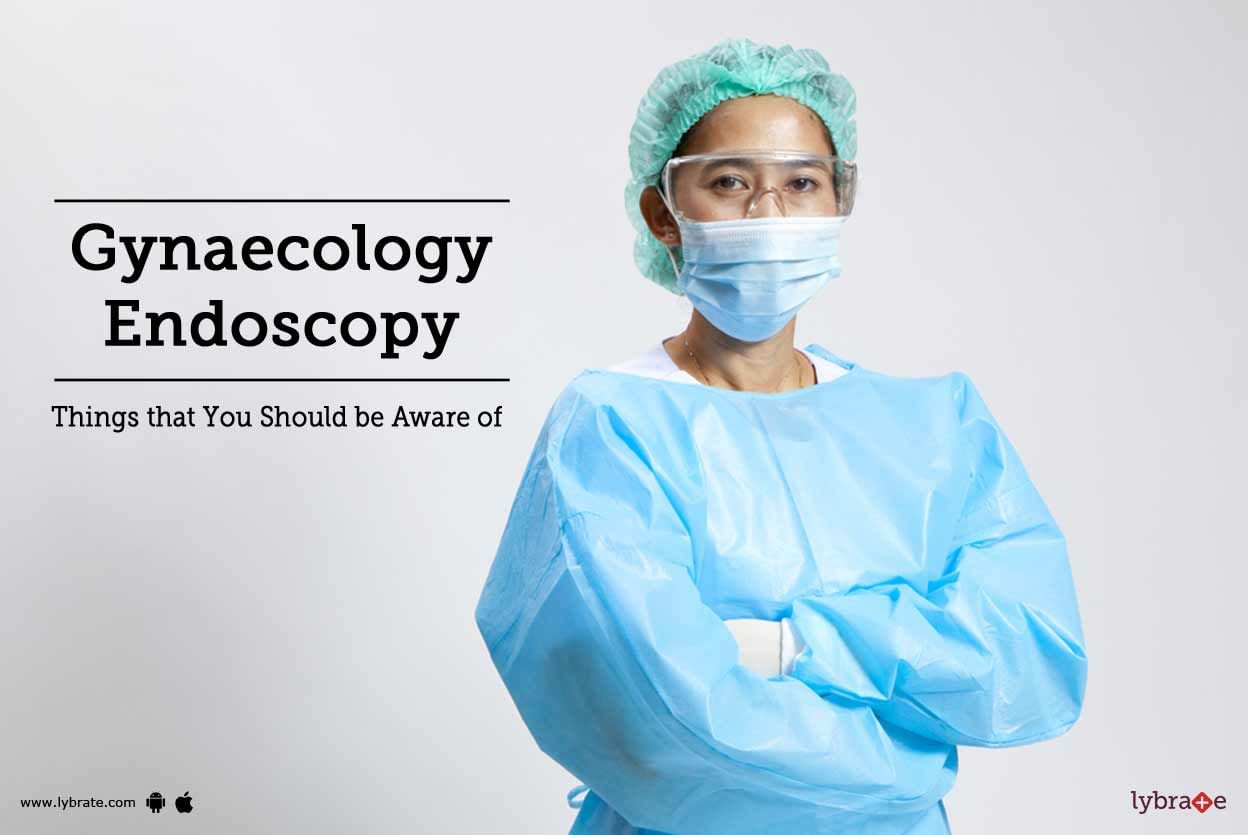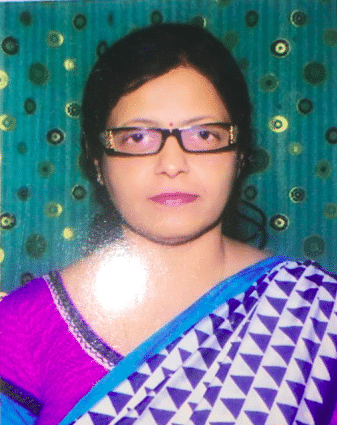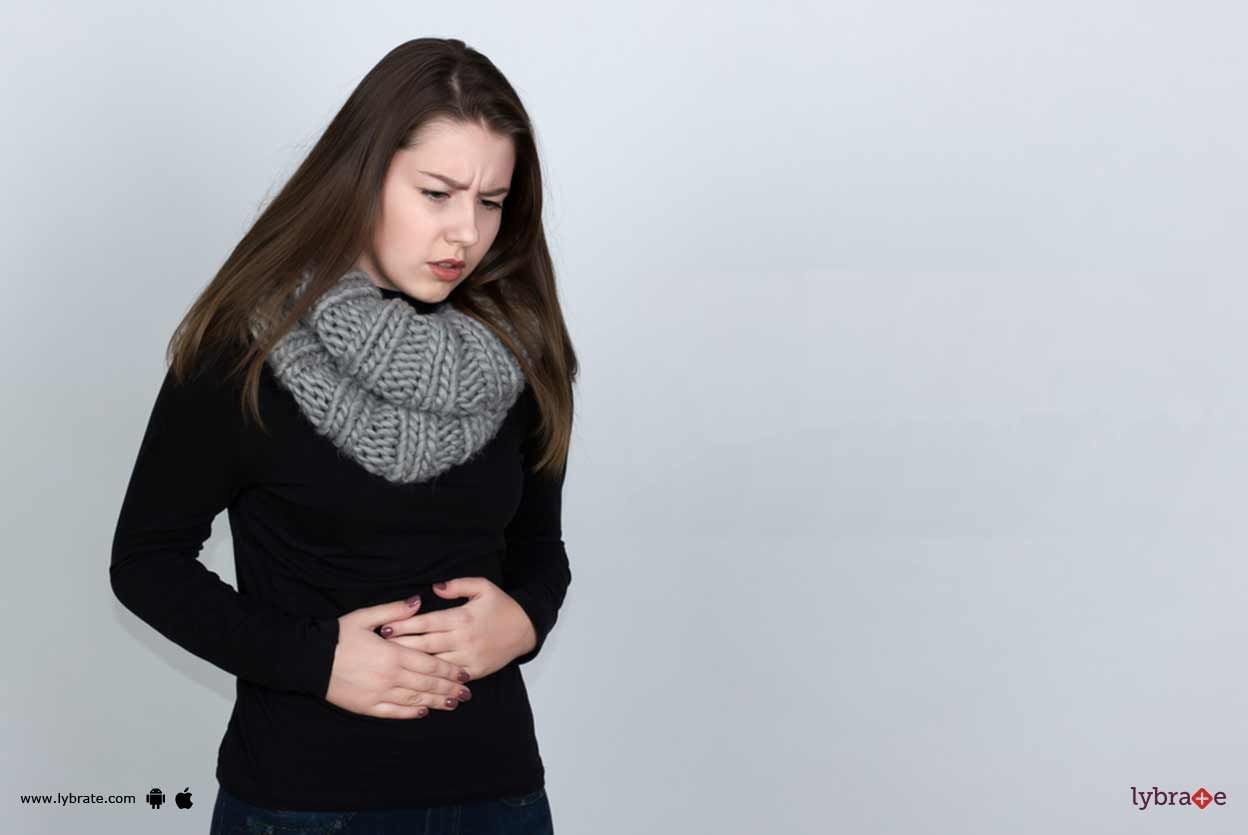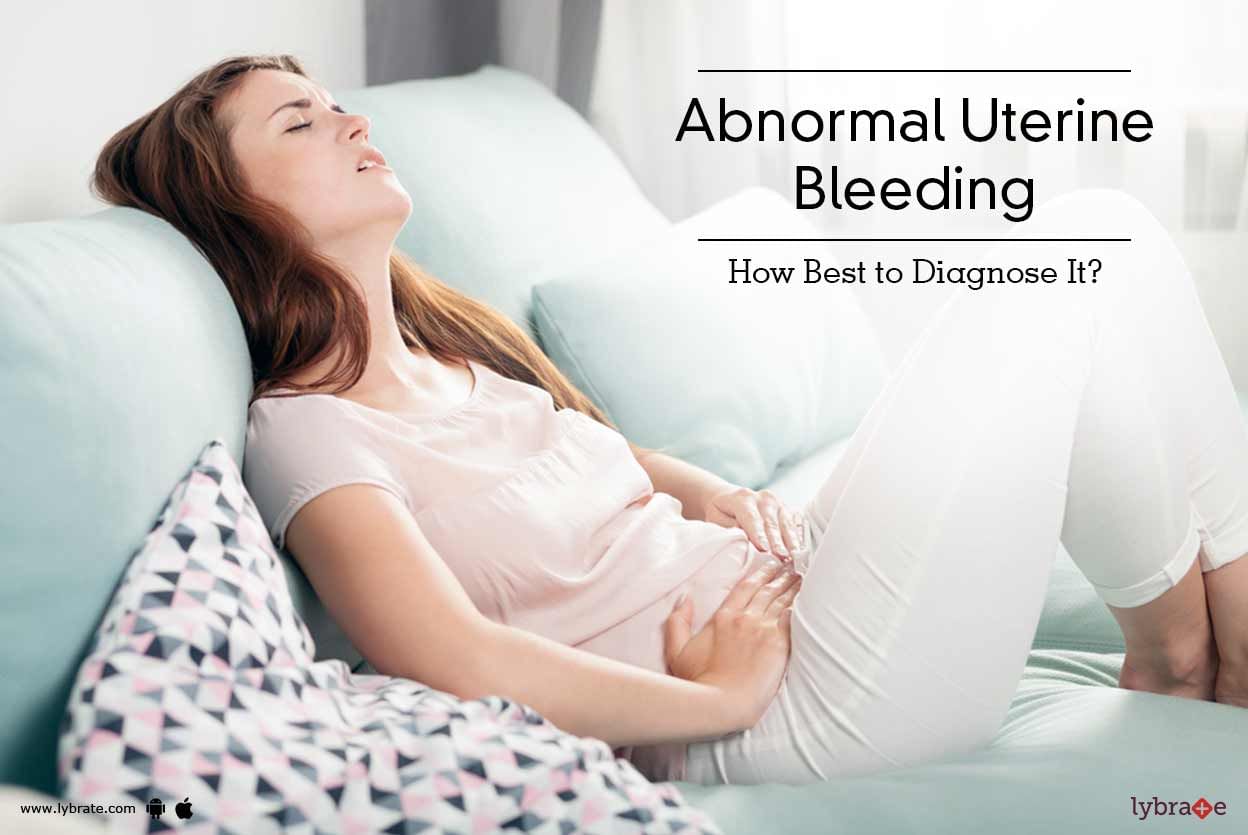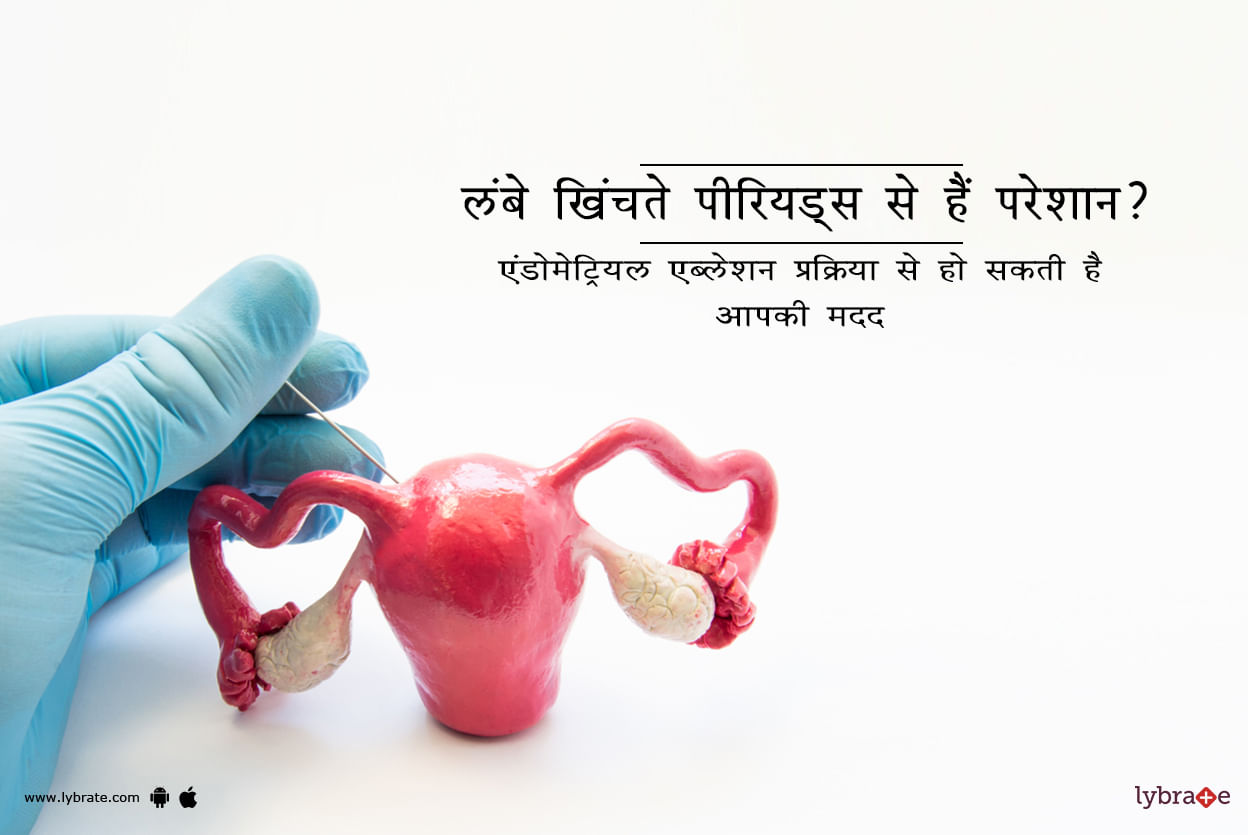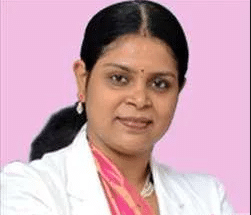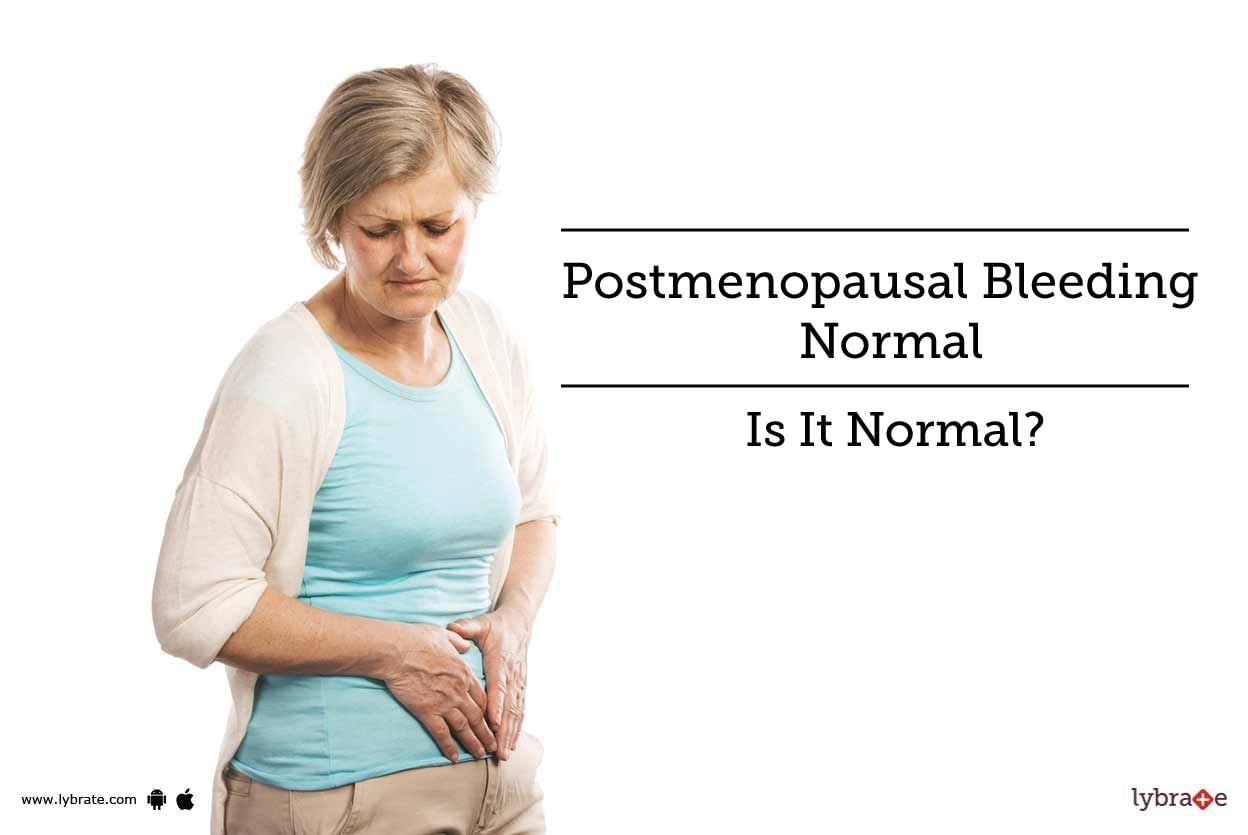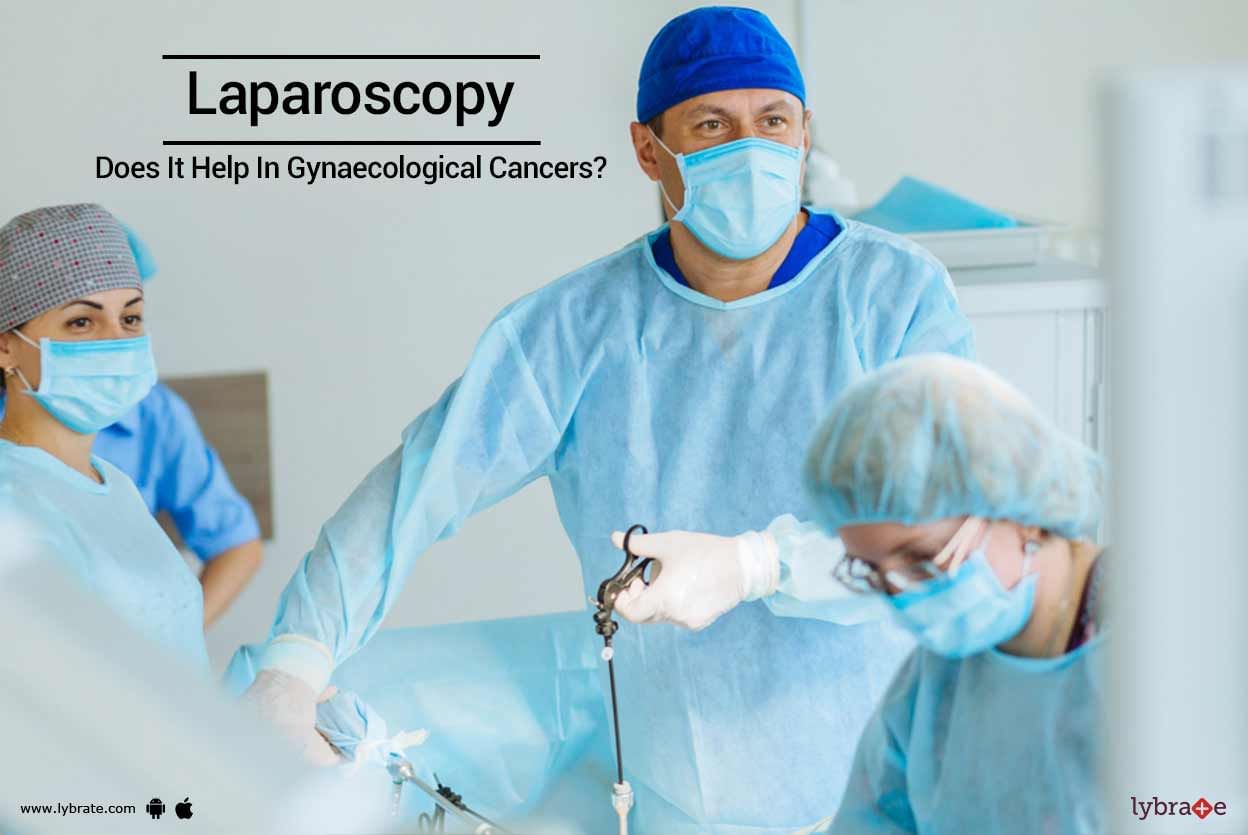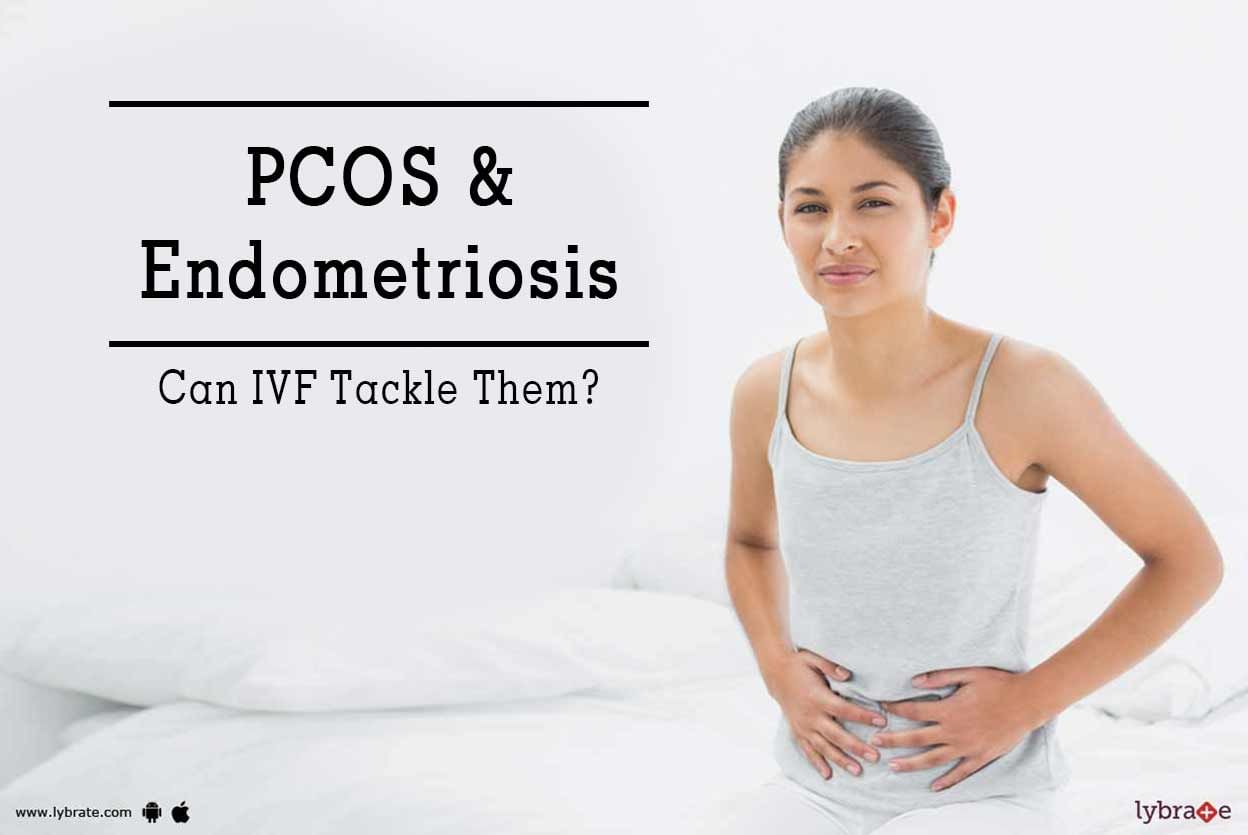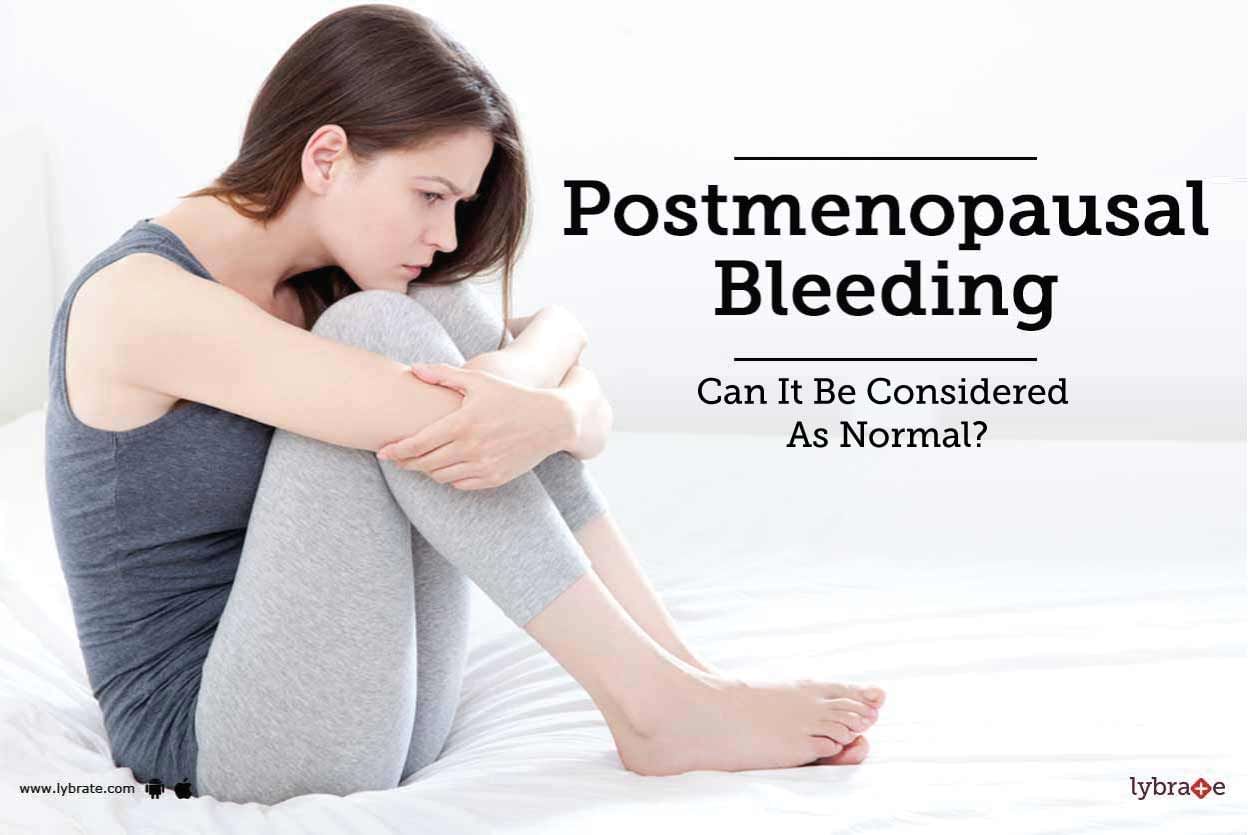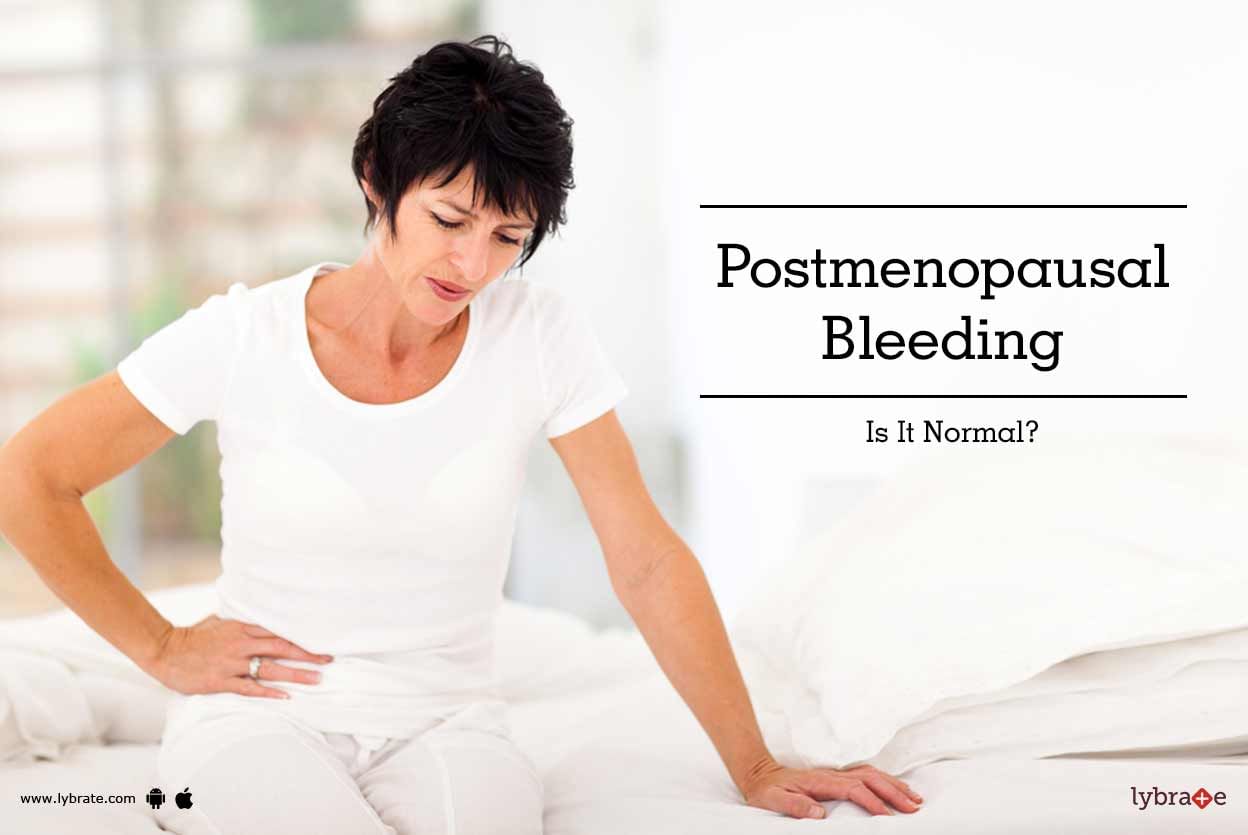Get the App
For Doctors
Login/Sign-up
Health Feed
Find Doctors
Health Packages
AllQ&AsTipsQuizzes
Endometrial Receptivity Analysis (ERA) Tips
Last Updated: 9 years ago• Featured Tip
Share
Bookmark
Report
Gynaecological endoscopy is a surgical practice that aids in diagnosing the most common female disorders, such as minute vaginal haemorrhages, infertility problems and endometrial polyps (noncancerous growths on the inner uterine wall). It uses a small and slender optical device to diagnose such problems.
Gynaecological endoscopy is of two types
Hysteroscopy: A small optical instrument is inserted at the neck of the uterus; it is used to examine the inside of the uterine cavity...more
Gynaecological endoscopy is of two types
Hysteroscopy: A small optical instrument is inserted at the neck of the uterus; it is used to examine the inside of the uterine cavity...more
Last Updated: 6 years ago• Featured Tip
Share
Bookmark
Report
It is perfectly normal for women to experience the periodic monthly bleeding cycle. However, if a woman experiences uterine bleeding which is abnormal and dysfunctional, it could be a symptom of infection. Other causes of abnormal uterine bleeding include hormonal imbalance, infection in cervix and cancer of the uterus. Many women can also experience abnormal uterine bleeding during the first trimester of pregnancy.
The following are considered to be abnormal or dysfunctional uterine bl...more
The following are considered to be abnormal or dysfunctional uterine bl...more
Last Updated: 8 years ago• Featured Tip
Share
Bookmark
Report
It is perfectly normal for women to experience the periodic monthly bleeding cycle. However, if a woman experiences uterine bleeding which is abnormal and dysfunctional, it could be a symptom of infection. Other causes of abnormal uterine bleeding include hormonal imbalance, infection in cervix and cancer of the uterus. Many women can also experience abnormal uterine bleeding during first trimester of pregnancy.
The following are considered to be abnormal or dysfunctional uterine bleedi...more
The following are considered to be abnormal or dysfunctional uterine bleedi...more
Last Updated: 3 years ago• Featured Tip
Share
Bookmark
Report
मासिक धर्म हर महिला के लिए आवश्यक होते हैं। नियमित रूप से सामान्य पीरियड्स होना ये दर्शाता है कि आपके स्वास्थ्य संबंधी समस्या नहीं है। पर अगर आपको दो मासिक धर्म के बीच रक्तस्राव होता है, पीरियड्स के दौरान बहुत अधिक ब्लीडिंग होती है या फिर आपके पीरियड्स सामान्य से ज्यादा दिनों तक चलते रहते हैं तो ये चिंता की बात हो सकती है। ऐसे में अगर दवाएं असर नहीं कर रही हैं तो आपको एंडोमिट्रियल एब्लेशन की ज़रूरत हो सकती है।इसकी मदद से रक्तस्राव को कम किया जा सकता है या फिर इसे पूरी तरह से रोका जा सकता है।
more
more
557 people found this helpful
Last Updated: 6 years ago• Featured Tip
Share
Bookmark
Report
Most women attain menopause between the ages of late 40s and early 60s, the average age being about 51. This is an important milestone in a women-s gynecological history. One major change is altered female hormone levels, and this leads to a lot of physiological changes. From hot flashes to mood swings, there is also increased predisposition to osteoporosis and uterine cancer.
If you have not had your menstrual cycles for close to 12 months, chances are you are into menopause. So, that ...more
If you have not had your menstrual cycles for close to 12 months, chances are you are into menopause. So, that ...more
Last Updated: 6 years ago• Featured Tip
Share
Bookmark
Report
Minimally invasive surgery or laparoscopic surgery is increasingly becoming popular in all fields of surgery including gynecological oncology. Given its many advantages, it is easy to see why people prefer this form of surgery. The use of laparoscopy in the field of gynecological oncology began in the late 1980s. The first laparoscopic-assisted hysterectomy was performed in 1989.
Laparoscopy and Endometrial Cancer-
The endometrium refers to the lining of the uterus. Endometrial canc...more
Laparoscopy and Endometrial Cancer-
The endometrium refers to the lining of the uterus. Endometrial canc...more
Last Updated: 6 years ago• Featured Tip
Share
Bookmark
Report
Minimally invasive surgery or laparoscopic surgery is increasingly becoming popular in all fields of surgery including gynecological oncology. Given its many advantages, it is easy to see why people prefer this form of surgery. The use of laparoscopy in the field of gynecological oncology began in the late 1980s. The first laparoscopic-assisted hysterectomy was performed in 1989.
Laparoscopy and Endometrial Cancer:
The endometrium refers to the lining of the uterus. Endometrial...more
Laparoscopy and Endometrial Cancer:
The endometrium refers to the lining of the uterus. Endometrial...more
Last Updated: 6 years ago• Featured Tip
Share
Bookmark
Report
Getting pregnant can become an immensely frustrating experience for women with endometriosis or cyst with IVF treatment. Many women with endometriosis worry about whether they will be able to conceive and bear a child. This is because, in such a case, there is a collection of endometrial tissues outside the uterus that results in a painful inflammation along with the formation of blood-filled cysts in the ovary and bands of scar tissues.
How does PCOS or endometriosis affect the process...more
How does PCOS or endometriosis affect the process...more
Last Updated: 6 years ago• Featured Tip
Share
Bookmark
Report
Most women attain menopause between the ages of late 40s and early 60s, the average age being about 51. This is an important milestone in a women-s gynecological history. One major change is altered female hormone levels, and this leads to a lot of physiological changes. From hot flashes to mood swings, there is also increased predisposition to osteoporosis and uterine cancer.
If you have not had your menstrual cycles for close to 12 months, chances are you are into menopause. So, that ...more
If you have not had your menstrual cycles for close to 12 months, chances are you are into menopause. So, that ...more
Last Updated: 8 years ago• Featured Tip
Share
Bookmark
Report
Most women attain menopause between the ages of late 40s and early 60s, the average age being about 51. This is an important milestone in a women-s gynecological history. One major change is altered female hormone levels, and this leads to a lot of physiological changes. From hot flashes to mood swings, there is also increased predisposition to osteoporosis and uterine cancer.
If you have not had your menstrual cycles for close to 12 months, chances are you are into menopause. So, that ...more
If you have not had your menstrual cycles for close to 12 months, chances are you are into menopause. So, that ...more
Book appointment with top doctors for Endometrial Receptivity Analysis (ERA) treatment
View fees, clinic timings and reviews
Ask a free question
Get FREE multiple opinions from Doctors
posted anonymously


